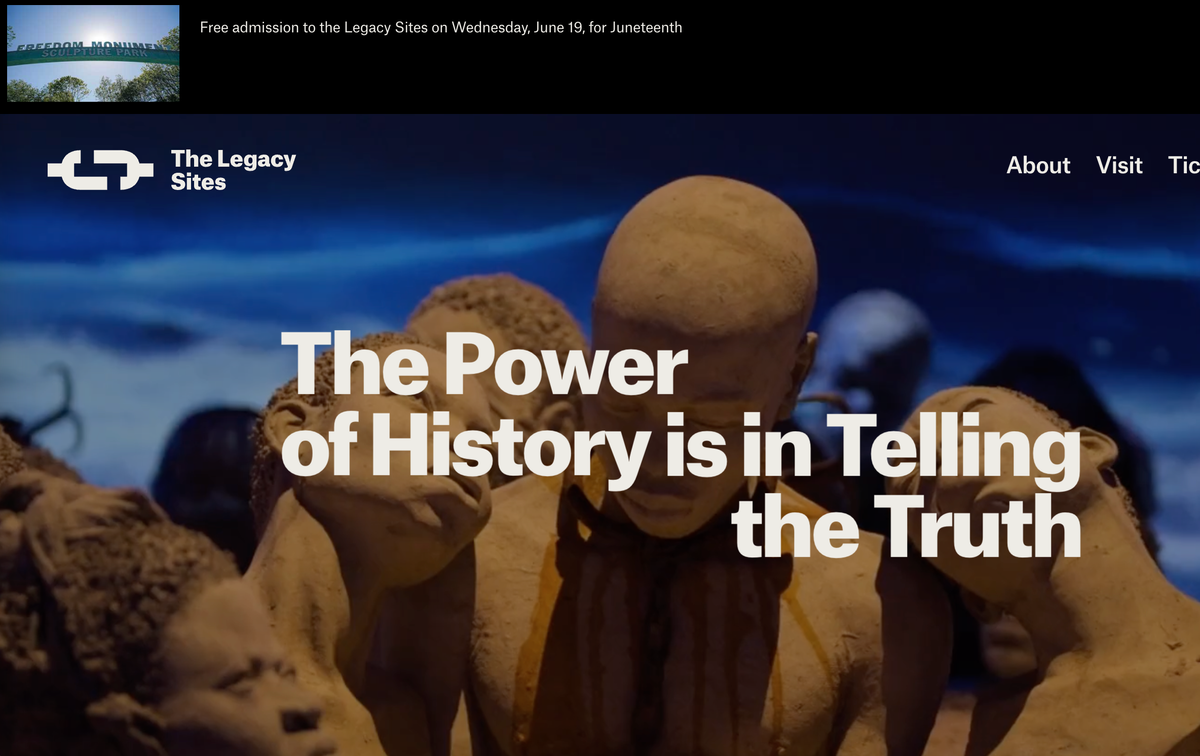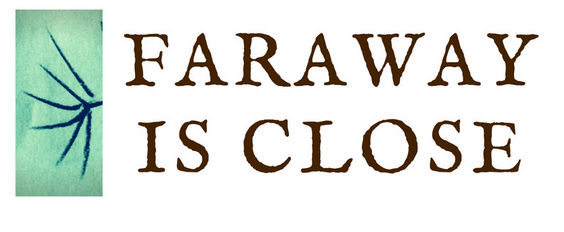Juneteenth
Slavery didn't end, it evolved - Bryan Stevenson

On this Juneteenth, I wanted to share the words of Bryan Stevenson, a speech I can easily listen to over and over, it flows, it flows...
In an engaging and personal talk – with cameo appearances from his grandmother and Rosa Parks – human rights lawyer Bryan Stevenson shares some hard truths about America's justice system...
On this listening, what resonated was:
- how his grandmother took him aside at the age of nine and asked him to promise three things, one of which was never to drink alcohol
- how - at least till the age of 52, he has never had a drink and he doesn't share that to be virtuous but because:
There is power in identity.
He's the visionary behind remarkable monuments in Alabama, Legacy Sites for reflection and contemplation that are free to visit today. There are glass jars filled with soil at these sites. The soil was gathered from lynching sites. The jars are labeled with the names of lynching victims.
Where do we go from here?
- Today, I went to un-adorned origin story:
- Bryan Stevenson discusses the importance of confronting America's History of Racial Difference and explains how the genocide of Indigenous People laid the groundwork for slavery.
- And from origin to evolution:
"Slavery didn't end - it evolved..." Bryan Stevenson from the Equal Justice Initiative
Along the way, I thought about how there is no legacy site that I know about the impact of colonization in South Asia. We're all of us the living museum of it. Everything woven and interwoven. Muddy waters. In the fathoms deep are the words of one uncle who told me how he had never spoken Konkani since the age of twelve. Tongue tied in the language he would say - how good his English was, he would say. Then there is my grandfather on the other side of my family, saying to my aunt, oh you speak the Queen's english. Add curtsy here 😄
In the last video, Bryan describes a trip to Africa in which he meets a young attorney who takes him to the edge of the ocean. The attorney says to Bryan: I wanted to bring you here to tell you something. I wanted to say I'm sorry because this is where we lost you.
Where do we go from here?
In solidarity and hope - Shebana
